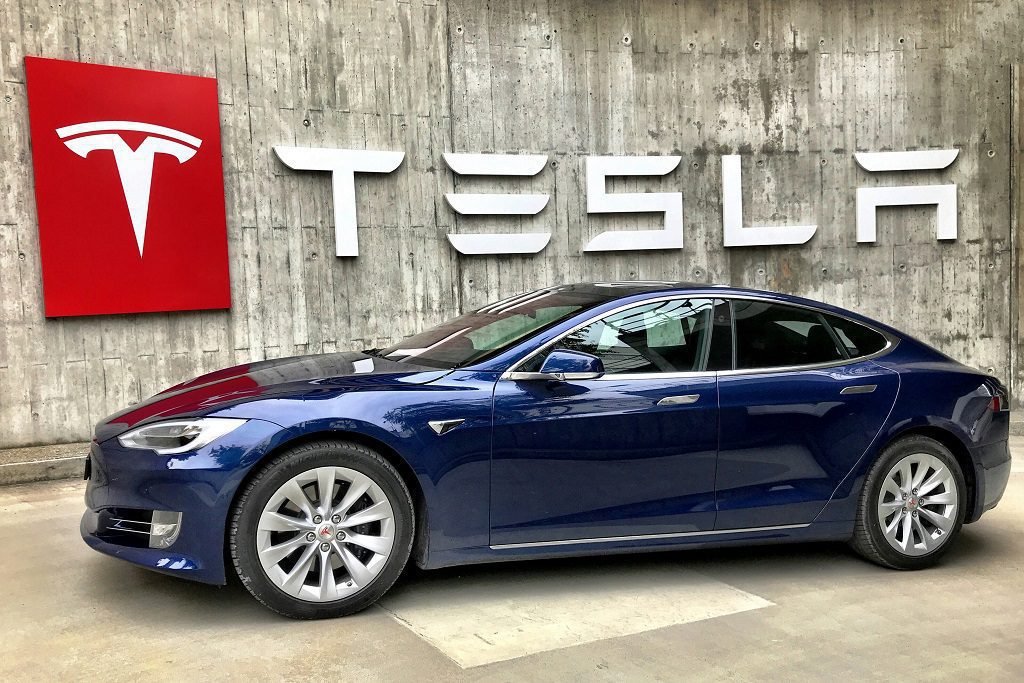
Twitter Accuses Microsoft of Improper Data Usage
The clash between tech giants Microsoft and Twitter has taken an interesting turn recently, as Twitter has accused Microsoft of using its data without proper compensation. In a letter sent to Microsoft CEO Satya Nadella, Twitter expressed concerns about the unauthorized use of data, exceeding agreed-upon limits, and sharing data with government agencies without Twitter’s permission. This development has sparked a debate about the ethics of data usage and the relationship between these two influential companies.
Contents
- 1 Background of the Twitter-Microsoft Dispute
- 2 Twitter’s Accusations and Concerns
- 3 Microsoft’s Response and Stance
- 4 Elon Musk’s Perspective on the Situation
- 5 The Demand for Compensation from Platforms Like Twitter and Reddit
- 6 Microsoft’s Involvement with OpenAI and Bing Chat
- 7 The Importance of Data in Microsoft’s Products
- 8 Twitter’s Call for Transparency and Adherence to the Developer Agreement
- 9 The Potential Consequences for Microsoft and Twitter
- 10 The Broader Implications for Data Usage and Corporate Partnerships
Background of the Twitter-Microsoft Dispute
The recent disagreement between Twitter and Microsoft stems from Twitter’s claims that Microsoft has been using its data without proper compensation or authorization. The New York Times obtained a letter sent by Twitter to Microsoft, highlighting several concerns about data usage and sharing practices. This accusation has raised eyebrows in the tech industry, given the substantial impact both companies have on social media and cloud computing.
Twitter’s Accusations and Concerns
Twitter’s letter to Microsoft outlines three main accusations. Firstly, Twitter claims that Microsoft has been using its data without paying for it, which raises questions about the financial implications of this data usage. Secondly, Twitter asserts that Microsoft has exceeded the agreed-upon limits of data usage, potentially infringing on Twitter’s terms and conditions. Lastly, Twitter expresses concern about the sharing of data with government agencies without explicit permission, particularly in the context of authoritarian governments potentially accessing this information.
Microsoft’s Response and Stance
In response to Twitter’s accusations, Microsoft’s spokesman, Frank Shaw, stated that the company does not pay Twitter for its data. He acknowledged receiving the letter and affirmed that Microsoft would review it thoroughly before responding. Shaw reassured that Microsoft remains committed to its long-term partnership with Twitter, suggesting a willingness to address the concerns raised in the letter.
Elon Musk’s Perspective on the Situation
In a recent interview with CNBC, Elon Musk, the owner of Twitter, compared the platform’s financial state to a plane on fire, about to crash. To mitigate the losses, Musk took swift action by laying off approximately half of Twitter’s employees. While he admitted that the decision was hasty, he believed it was necessary at the time. Musk also hinted that some of those employees might be rehired, provided they are not too resentful.
The Demand for Compensation from Platforms Like Twitter and Reddit
The emergence of generative AI services, such as ChatGPT, has prompted platforms like Twitter and Reddit to seek compensation for the use of their data in training these AI models. Elon Musk has implied that Microsoft now wields significant power over OpenAI, which fuels Bing Chat. Given Microsoft’s financial influence, it becomes more understandable why Musk is pursuing payment for the training data, as the company has significant resources at its disposal.
Microsoft’s Involvement with OpenAI and Bing Chat
The integration of OpenAI’s ChatGPT with Microsoft’s Bing Chat underscores the close relationship between the two companies. Microsoft’s increased involvement in OpenAI, and subsequent control over its operations, has raised questions about the dynamics of their partnership. Musk’s claim that Microsoft essentially runs OpenAI or holds significant power over the company has added another layer to the Twitter-Microsoft dispute. The integration of OpenAI’s ChatGPT into Microsoft’s Bing Chat implies a deep collaboration and reliance on each other’s technologies. Given Microsoft’s substantial financial resources and influence, it is not surprising that Twitter is pursuing compensation for the use of its data in training AI models.

The Importance of Data in Microsoft’s Products
Twitter’s letter points out that Microsoft uses Twitter data in several of its products, including Xbox, Bing, advertising, and cloud computing. This revelation highlights the crucial role that data plays in enhancing Microsoft’s services and offerings. The unauthorized use and potential overuse of Twitter data without proper compensation raise important ethical and legal questions regarding data ownership and fair business practices.
Twitter’s Call for Transparency and Adherence to the Developer Agreement
In its letter to Microsoft, Twitter not only demands compensation but also requests a report detailing the extent of Twitter data usage across Microsoft’s products. Furthermore, Twitter emphasizes the importance of adhering to the Twitter developer agreement when handling data. This call for transparency and compliance reflects Twitter’s commitment to ensuring that its data is used in a responsible and mutually agreed-upon manner.
The Potential Consequences for Microsoft and Twitter
The outcome of this dispute has the potential to have far-reaching consequences for both Microsoft and Twitter. If Twitter’s claims are proven to be valid, it could damage Microsoft’s reputation, as well as strain their long-term partnership. Additionally, Twitter’s decision to raise concerns about data sharing with government agencies highlights the importance of safeguarding user privacy and preventing misuse of data by authoritarian governments.
The Broader Implications for Data Usage and Corporate Partnerships
The clash between Twitter and Microsoft sheds light on the broader implications of data usage and corporate partnerships in the tech industry. It raises questions about the ownership and control of data, the ethics of data usage, and the responsibilities that companies have in handling user data. This dispute serves as a reminder that clear agreements and transparency are crucial when it comes to the usage and sharing of data between companies.
The ongoing dispute between Twitter and Microsoft over the alleged improper use of data highlights the complexities and challenges surrounding data ownership and usage in the tech industry. As these two influential companies navigate this issue, the outcome will not only impact their partnership but also have broader implications for data ethics and corporate practices. It serves as a reminder that responsible data handling, transparency, and adherence to agreements are paramount in maintaining trust and integrity in the digital age.



